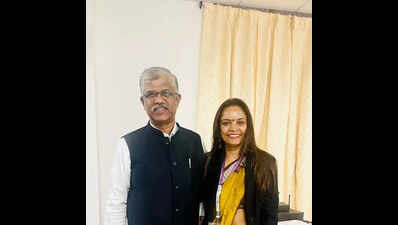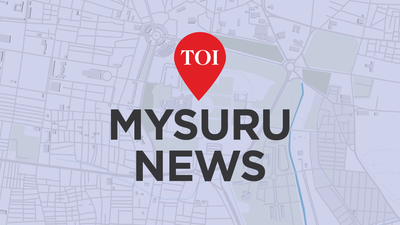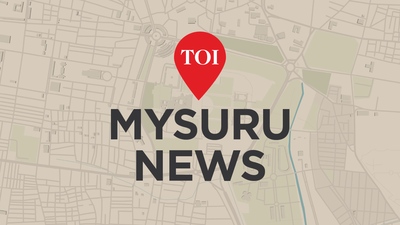Doctoral candidate at UoM pioneers research on repatriation of tribal heritage | Mysuru News

Mysuru: A doctoral candidate at the department of Studies in Anthropology at the University of Mysore (UoM) is currently working on her PhD thesis on repatriation of tribal heritage — the first such doctoral research topic in India.The research, conducted by Banita Behera, an officer of the Anthropological Survey of India (ASI), under the mentorship of M R Gangadhar, professor and the current vice-chancellor of Chamarajanagar University, delves into the complex issue of repatriation of tribal cultural artefacts from museums back to their source communities – a hitherto underexplored area in Indian academic context. Titled ‘Repatriation of Tribal Heritage: A Threat to Anthropological Collections: A Future Solution to the Cultural Policies’, the thesis examines the cultural, legal, ethical, and policy dimensions of returning tribal artefacts to indigenous communities. It provides a roadmap for how India can balance heritage protection with cultural justice towards its tribal populations. Behera’s research advocates revising India’s antiquity laws, urging museums to serve as both guardians and partners in cultural preservation. Despite the global prominence of the repatriation debate, it has received little attention in India, given the country’s rich tribal heritage and vast museum collections. Behera’s study critiques the Antiquities and Art Treasures Act, 1972, for its failure to address tribal rights and community ownership of anthropological collections in museums. It proposes inclusive cultural policies, strengthened museum-community collaborations, and legal frameworks to support respectful repatriation. By offering sustainable and equitable repatriation models, the research paves the way for cultural reconciliation, ensuring tribal heritage is not only exhibited but honoured, revitalised, and returned to where it rightfully belongs. This study is the first in India to comprehensively tackle the critical global issue of tribal artefact repatriation at the doctoral level, positioning the University of Mysore as a leader in heritage policy and anthropological research in South Asia, according to professor Gangadhar. “This thesis is a cultural blueprint for the future,” he said, adding: “It underscores the need for policy formation for anthropological museums to redefine them as active collaborators in preserving culture.” He further said museum anthropology is largely unexplored in India, making this research truly distinctive. Behera, originally from Odisha, began her PhD in 2020. With 15 years of experience as a museum anthropologist, she currently leads the Southern Zonal Anthropological Museum, Anthropological Survey of India, in Mysuru. Behera plans to submit a proposal based on her research to the Ministry of Culture, which has expressed interest in it.





